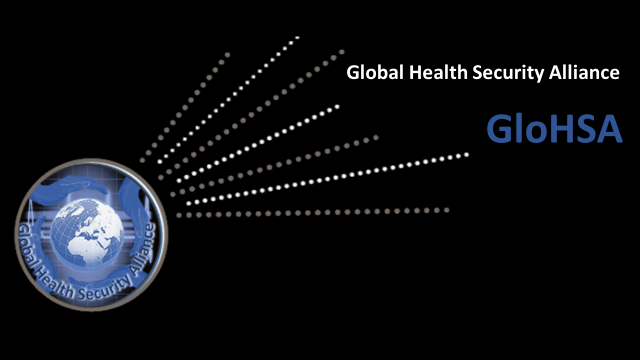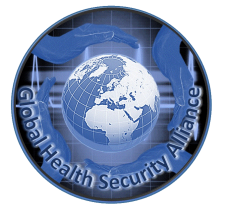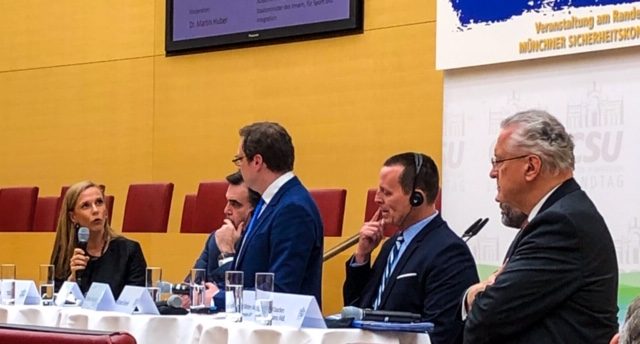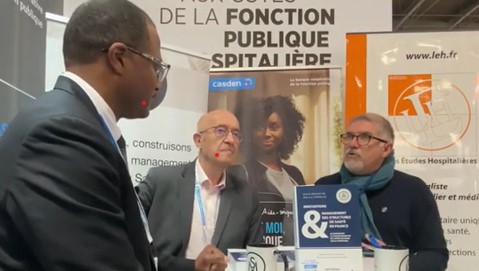- Have any questions?
- info@glohsa.com

GloHSA Steering Board Activities during the COVID-19 Pandemic – Stefan
3. April 2020
New GloHSA publication in Disaster Medicine and Public Health Preparedness:
10. April 2020During the actual pandemic COVID-19 crisis all of our GloHSA members are working out of their usual comfort zone and are involved in overwhelming other tasks to mitigate the impact of the plague. We want to keep you updated on what we are doing at the frontline of the crisis and at the nexus of global health and security: Watch out for our interview series.
This time our President and Steering Board member, Dr. Anja Opitz, who currently serves as Head of Section for International & Security Policy at APB Tutzing, an interdisciplinary academy for political training, coaching, and research in Tutzing, near Munich.
Anja, tell us about some of the work you’ve been doing during the Covid-19 pandemic.
As a researcher and – I would call it “Think and do Tanker,” my work focusses on crisis management measures taken in different countries to tackle the current pandemic and to ensure the resilience of health systems, societies, and states. This situation is new for most of the EU member states; some are heavily overwhelmed by the speed of the outbreak. Right now, I am consistent in explaining the interdependencies this health crisis unfolds between different sectors of social coexistence like politics, security policy, the economic sector, etc. I have never done this many podcasts, TV interviews, and writing in such a short time.
Doing things right is a given. In the face of the current pandemic and the challenges that will come with global health security in the future, the GloHSA team and I are focussing on innovative formats and the setting up of projects that will help initiate the discourse about the right lessons learned in the aftermath of this pandemic. We are also working on a process-plan to attract new members and expertise to our growing team.
What are the biggest challenges going forward, from your perspective?
I do see two major challenges right now: In Europe, we are used to promoting a sometimes tough democratic discourse. The advantage is to ensure that the democratic system is in place and functions well. Unfortunately, states like Hungary use this crisis to undermine the constitutional democratic state, which will challenge the EU in the aftermath of the pandemic. It is important to keep the perspective and expertise in this discourse.
Second, my concern is about fragile and conflict-affected states where there is little or no health system and a lack of leadership in place to contain Covid-19.
In which way does your work connect with GloHSA?
GloHSA works at the nexus of health crisis and security and safety. The latter focuses on the existence of stable health systems to tackle a pandemic like Covid-19. However, using a comprehensive understanding of security, security implications are inherent in every health crisis. What role does and can the security sector play, for example, by providing logistical support? Where does fake news lead to democratic systems being underpinned and thus affect the resilience of societies? These are just a few examples.





